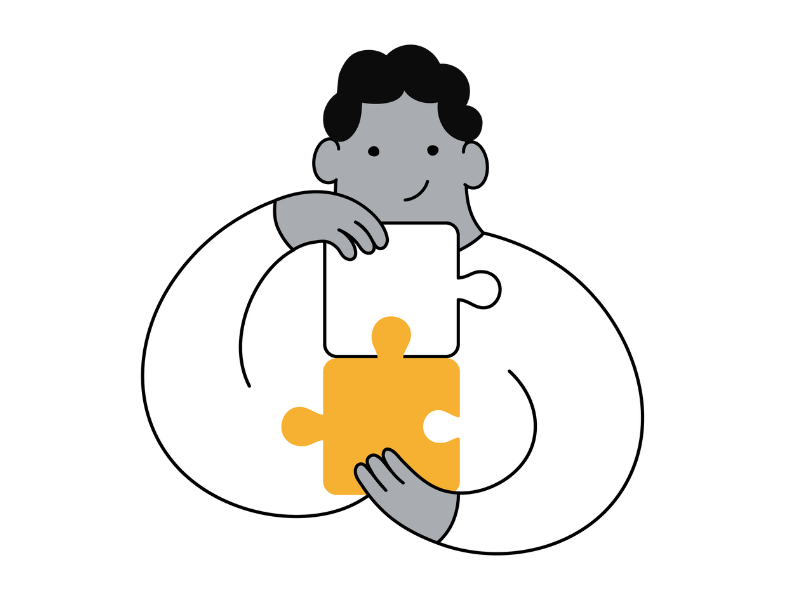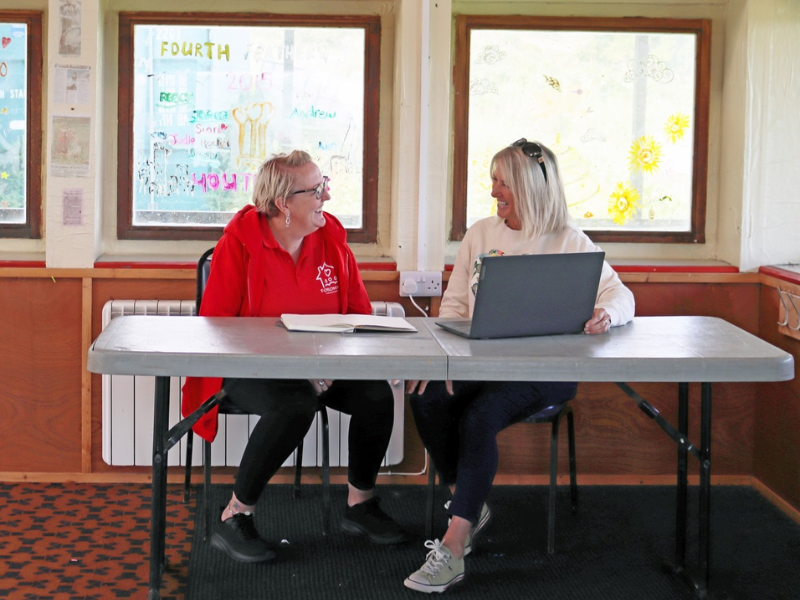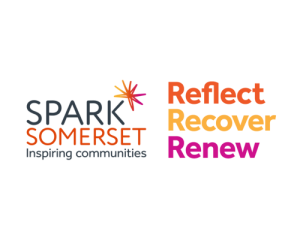Starting and growing your group
If you care about a cause, starting and running your own group or project can be very rewarding and have a real impact. On this page, we’ve shared some useful guidance and information to help you bring your idea to life.

Jenny’s advice and support was invaluable as we prepared a constitution, registered with the Charity Commission, recruited trustees, applied for funds and set up the new Local Pantry.
Before you begin
Start by asking yourself the following questions which will help you to clarify your vision, identify your audience and assess the level of need:
- What is the purpose of the organisation and what do we hope to achieve?
- What else exists in the area? Are there other organisations doing a similar thing?
- Who are the people we want to reach?
- Are we sure there is a need for our group?
- Who else could be involved in running the group and do we need any particular expertise?
- Do I understand the time and commitment involved?
Structure and governance
When you’re ready to take the next steps, it’s important to think about whether your group should be incorporated and what kind of legal structure is the best fit for its vision and mission. There are a number of different options available, and we will explore the main features and implications of each one below.

Incorporated or unincorporated?
An unincorporated group is legally understood as a collection of individuals. This means that an the group has no legal identity outside of the people who are on its management committee.
As a result, the members of an unincorporated group are personally liable for the group’s actions. It’s important to be aware of this liability and carefully assess any risks you may face.
Unincorporated groups cannot enter into contracts in their own right. Instead, a member must enter the contract in their own name. An unincorporated structure is most appropriate for groups which have a low income and do not intend to employ any staff or acquire property.
An incorporated group is a legal entity in its own right. This means that members of incorporated groups are not personally liable for the group’s actions. It also means that the group can enter into legal contracts. Incorporated structures are most appropriate for groups which trade or raise large sums of money and/or enter into large, legally binding contracts.
Selecting the right structure
If you decide that your group should become incorporated, there are several different structures you can choose from. Each have their own benefits and restrictions so it’s important to consider what your organisation needs.
We recommend looking at this table which was created by CVS Bedfordshire and compares the most common types of legal structure.
You can also find lots of useful information about legal structures on the NCVO website.

Running your group
Once you’ve chosen your organisational structure, there will be more things consider, which we have listed below. Not all of it will be relevant to your group and we can help you with all of this and more.
- Forming a committee/board of trustees/board of directors (and who else will help you in the running of the organisation)
- Registering your governing document with the appropriate regulator if required (for example, with the Charities Commission)
- Opening a bank account (with more than one signatory)
- Getting the appropriate insurance for the activity you intend to carry out
- Choosing the right venue for your group’s activities
- How you will run your organisation (e.g., how frequently will you hold meetings and what to do if you need to close the group.)
- What policies and procedures you will need (e.g. GDPR, volunteer management, equality, diversity & inclusion, or health & safety)
- Safeguarding your staff, volunteers and and beneficiaries
- Recruiting and managing volunteers
- Business or strategic planning
- Funding and income generation
Need further support?
Whether you’re just getting started or are part of an established group, we are here to help. If you need support with any of the topics mentioned on this page, click the link below to get in touch.
Contact us
You may also like...

Training
Lunch & Learn: developing a fundraising strategy
Location: Online
Wednesday, 20 March
More info
Training
Health Inequalities: How to Make Your Services More Accessible
Location: Online
Monday, 25 March
More info
Training
Lunch & Learn: getting started with corporate fundraising
Location: Online
Tuesday, 26 March
More info
Add spark to your inbox!
Subscribe to our regular e-newsletter for the latest voluntary sector news, events and opportunities.